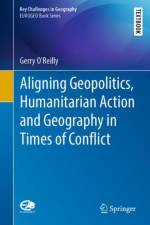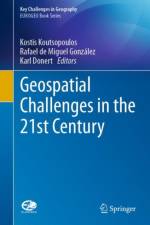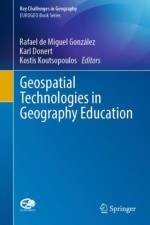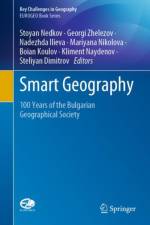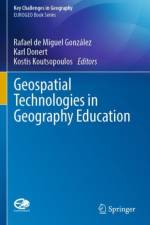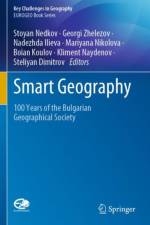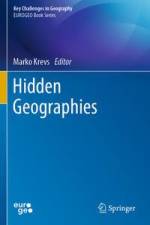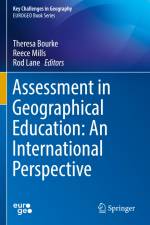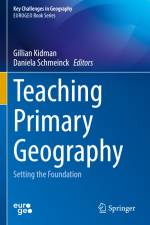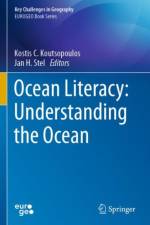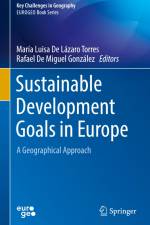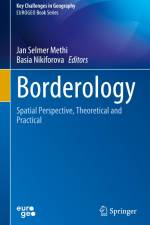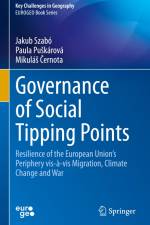von Gerry O'Reilly
84,00 €
This textbook offers valuable insights into the nexus between geography, geopolitics, and humanitarian action. It elucidates concepts regarding conflict and power, as well as the role of the state and the international community in mitigating and preventing violence and war. Here the material and non-material, existential or imagined reasons for conflict are deconstructed, ranging from land and resource grabs to Utopian ideals that can degenerate into dystopias, as with Daesh's caliphate in Syria and Iraq. In turn, the issues discussed range from the local to wider national and global levels, as do their resolution mechanisms. Due to insecurities, the impacts of globalization, divisive nationalistic and isolationist reactions emerging in some democracies including the USA, the UK's Brexit stress, and the ominous rise of populist parties across continental Europe (from France and the Netherlands to the Visegrád Group, the Balkans, and Greece), citizen fatigue has become increasingly evident, reflected in ever-growing socio-political malaise and violence.As the impact of any humanitarian disaster is proportional to the level of development of the area affected, concepts and categories of humanitarian action are explored, along with development issues at their core, especially in the Global South. Broadly speaking, humanitarian disasters fall into the categories of natural, human-made, technological, or complex; here, however, the focus is on human-made crises. Attempts at greater regulation, national and international organization and multilateralism to prevent violent conflicts, as well as enhanced responses to humanitarian emergencies, need to be supported now more than ever before.This textbook will appeal to graduate and upper undergraduate students and practitioners in the fields of geography, geopolitics, humanitarian action and geographies of conflict and war. In addition to the main content, it includes exercises, questions and sections for autonomous student learning.

